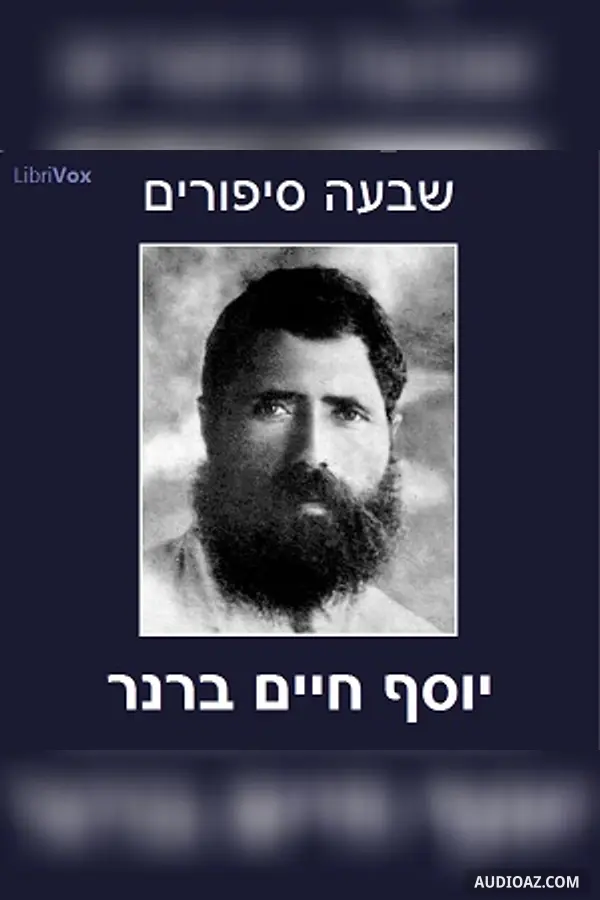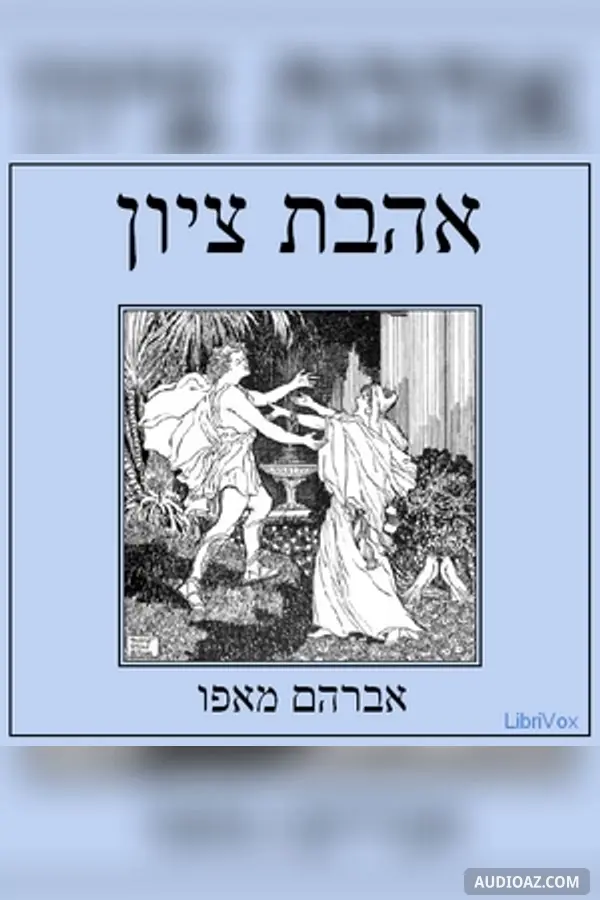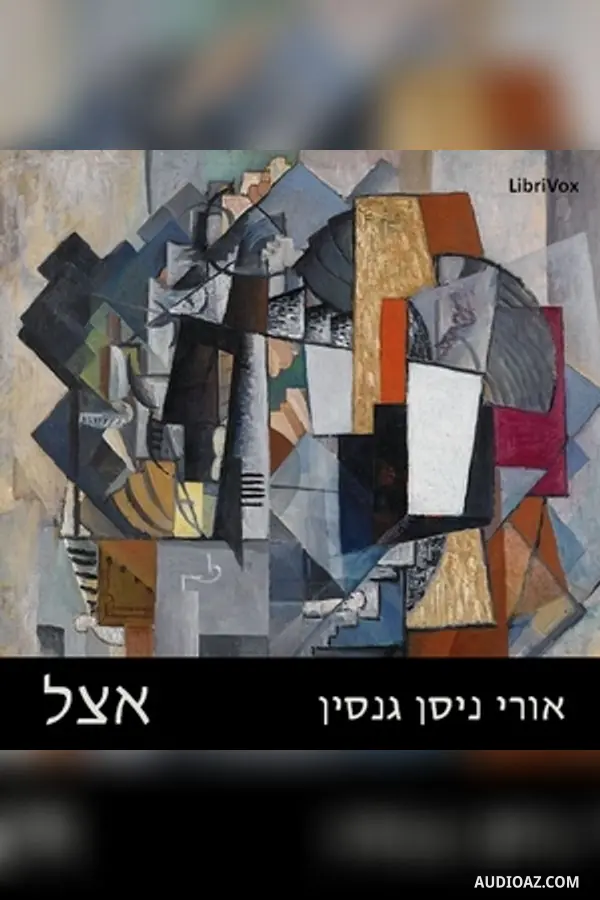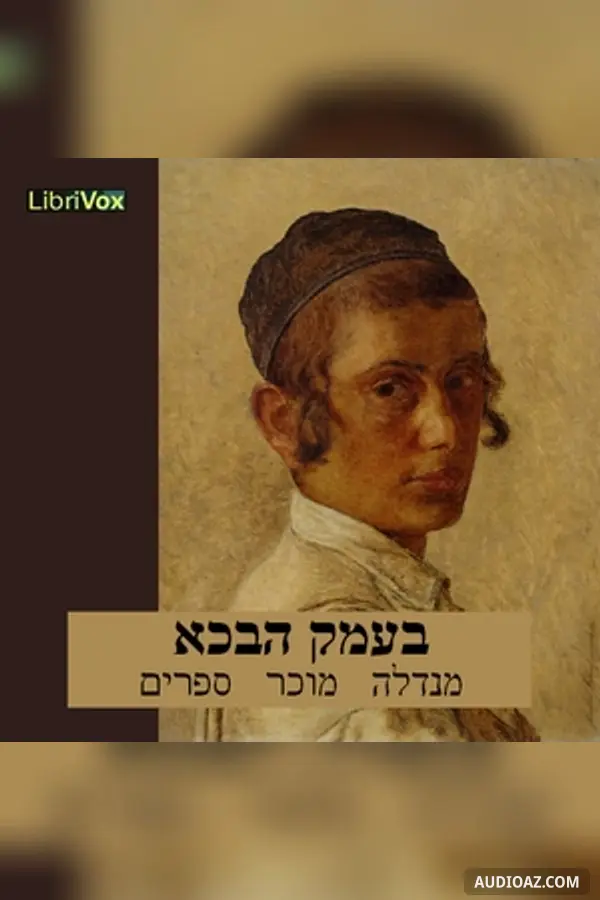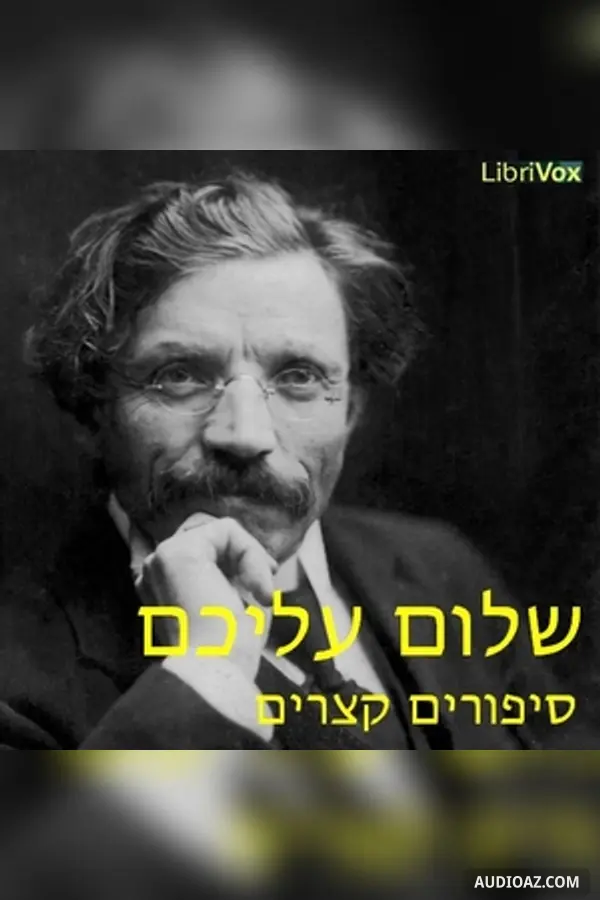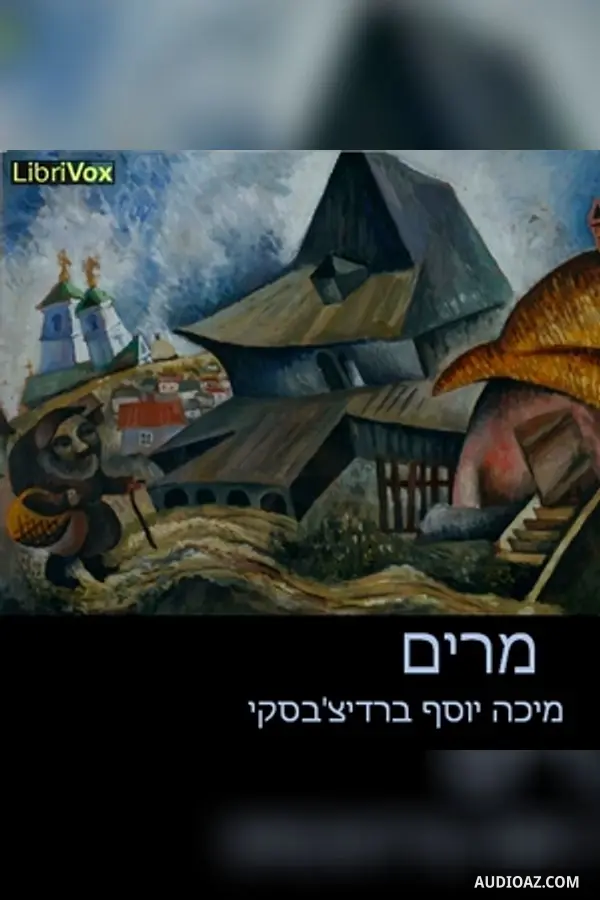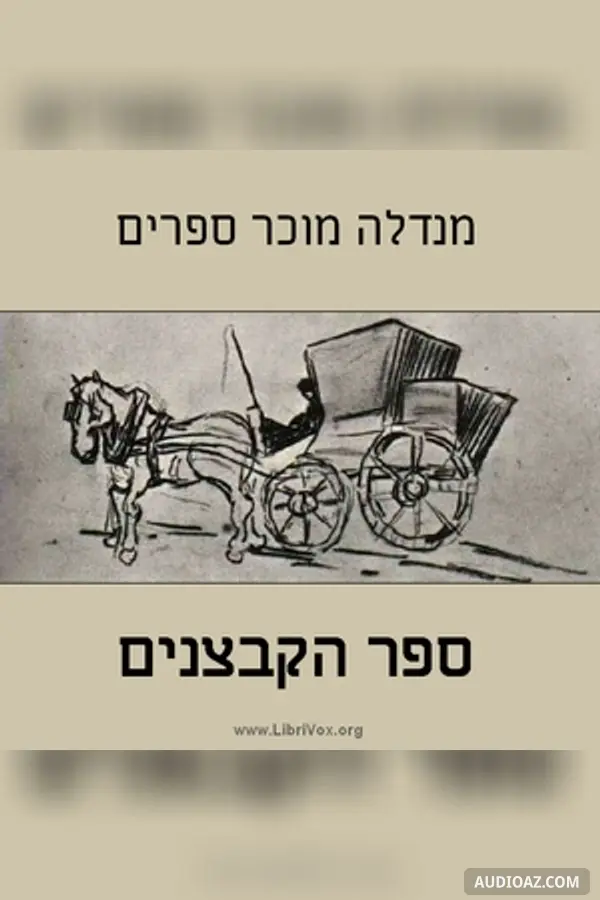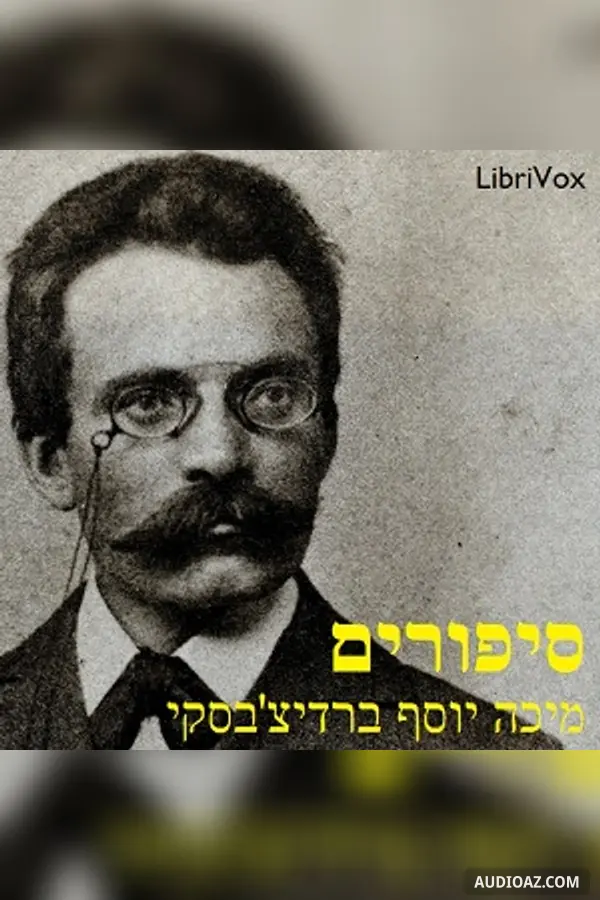
《סיפורים (Stories)》 - 免费有声读物
作者:מיכה יוסף ברדיצ'בסקי Micha Josef Berdyczewski
语言:Hebrew
1 / 9מחוץ לתחום מערפילי הנוער - חלק א
- 1. מחוץ לתחום מערפילי הנוער - חלק א
- 2. מחוץ לתחום מערפילי הנוער - חלק ב
- 3. מחוץ לתחום מערפילי הנוער - חלק ג
- 4. באין תקווה - מעבר לנהר - חלק א
- 5. באין תקווה - מעבר לנהר - חלק ב
- 6. באין תקווה - בין הפטיש והסדן חלק א
- 7. באין תקווה - בין הפטיש והסדן חלק ב
- 8. באין תקווה - בין הפטיש והסדן חלק ג
- 9. באין תקוה - בית הפטיש והסדן חלקים ד ו-ה
关于
מיכה יוסף בן גוריון (ברדיצ'בסקי), (19 באוגוסט 1865 מז'יבוז', חבל פודוליה, האימפריה הרוסית - 18 בנובמבר 1921, ברלין גרמניה) היה סופר והוגה דעות עברי אשר טבע דפוסי כתיבה חדשים בספרות העברית, קרא לשינוי ערכים בתפישת היהדות, ותבע השתחררות מהדוגמה ששלטה בדת, במסורת ובהסטוריה הלאומית היהודית. נושאם העיקרי של סיפוריו של ברדיצ'בסקי הוא היחיד, המתמרד במסורת העיירה היהודית, והוא מוחרם בידי החברה השמרנית. הגיבור יוצא לחפש את מזלו במערב אירופה. בדרך כלל מסתיימים הסיפורים בתבוסתו של הגיבור, שאינו מסוגל להשלים בין הכוחות המתרוצצים בקרבו או להיקלט בסביבתו החדשה, והוא נותר גלמוד. שני הסיפורים המובאים כאן מדגימים את דרך כתיבתו של ברדיצ'בסקי.
Micha Josef Berdyczewski, or Mikhah Yosef Bin-Gorion, was a Ukrainian-born writer of Hebrew, a jounalist, and a scholar. He appealed to the Jews to change their way of thinking, freeing themselves from dogmas ruling the Jewish religion, tradition, and history. The main subject of his stories is an individual rebelling against the tradition of the Jewish shtetl and subsequently being excommunicated by the conservative society. The hero seeks his destiny in Western Europe, but as a rule the stories end with his defeat. He is powerless to come to terms with the forces inside him, is unable to adapt to his new environment, and is left lonesome. The two stories given here demonstrate Berdyczewski’s way of writing. (Summary by Wikipedia and Omri Lernau)
评论
成为第一个评论的人
此内容还没有任何评论。开始对话吧!
查看更多
标签: סיפורים (Stories) audio, סיפורים (Stories) - מיכה יוסף ברדיצ'בסקי Micha Josef Berdyczewski audio, 一般小说 audio, 1900年后出版 audio, free audiobook, free audio book, audioaz
